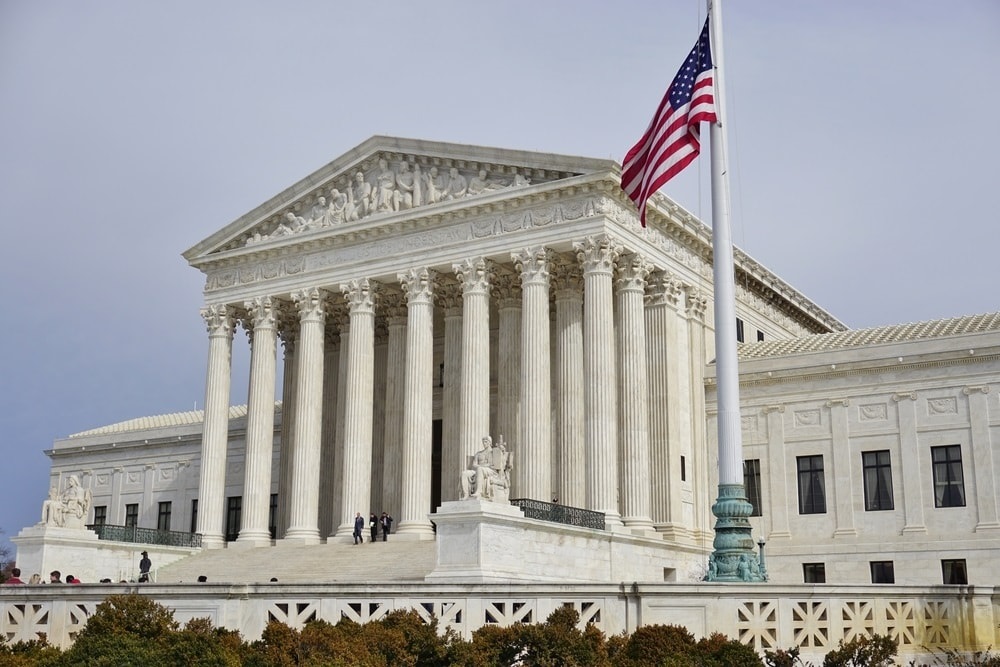Compliance
False Claims Violations in a Post-Escobar World
The Supreme Court’s recent ruling in the Escobar case is a fairly sweeping victory for whistleblowers and the government. While the High Court did not agree with every aspect of the First Circuit's reasoning, the ruling represents a validation of an implied false certification theory that expands liability under the FCA, and could precipitate a surge in FCA lawsuits.
Compliance Roundup for July
July has come and gone, but the impact of these events will most definitely live on. Here we bring you tidbits of some of the most significant news stories the world over. This roundup covers several developments in the U.S. and takes us from India to Iran for the rest.
How Blockchain Can Revolutionize Regulatory Compliance
Blockchain has the potential to transform many business processes, making the data more available, transparent, immediate and secure. Its application in the financial services industry promises to improve efficiency and confidence in some of the most complex, cumbersome and costly processes, including regulatory compliance and reporting, KYC and financial crime prevention.
Government Reach Does Not Extend to Information Stored Overseas
The government cannot use a search warrant to compel access to consumer data stored outside the U.S. This decision was handed down by the Second Circuit, which found that the Stored Communications Act does not authorize courts to enforce warrants to obtain information on foreign servers.
Modern-Day Slavery: Monitor Supply Chain Practices to Combat Human Rights Violations
Human rights violations in business, particularly in the form of human trafficking, modern-day slavery and forced labor, continue to be a major worldwide issue. A company that uses suppliers engaged in such actions could sustain significant fines and reputational damage. Incorporate anti-trafficking measures throughout your company’s operations to ensure workers’ dignity isn’t sacrificed for the sake of higher profits.
Best Practices for Assessing and Enhancing Compliance Prior to an Incident
Companies can expect intense regulatory scrutiny following an incident involving injuries or environmental damage. All operations may soon come under the microscope, including pre-incident compliance. Any oversights will be seized upon by adversaries, potentially forming the basis for heightened liability, greater fines, and even criminal charges. Take these steps to protect against noncompliance.
Anti-Corruption: More Than Just Setting the Right Tone at the Top
Anti-corruption measures continue to remain a multifaceted endeavor for companies as they grow and change internally and across geographies. The results of a joint survey on anti-corruption by MetricStream and Dow Jones highlight the complexities business face. Recommendations based on key survey insights shed light on how businesses can integrate policies to manage risk and remain complaint.
Supreme Court Clarifies Application of RICO
The Supreme Court ended a long-running dispute between the European Community and RJR Nabisco, holding that although certain substantive provisions of the RICO Act apply to foreign conduct, the provision providing for a private right of action under RICO does not allow civil plaintiffs to sue for injuries outside the United States.
The SEC’s Increasing Focus on Employer-Employee Confidentiality Agreements
The SEC has taken an aggressive stance against the use of employee confidentiality agreements that may discourage whistleblowers. While the agency has only brought one enforcement action based solely on such an agreement, the message is clear: Employers should think twice about the confidentiality requirements they impose on their employees.
The Top 4 Trade Compliance Strategies for Doing Business in India
India offers vast potential for worthwhile business ventures. However, while the rewards can be great, so can the risks. To achieve success, companies must have a holistic compliance strategy, which requires a thorough understanding of the country's marketplace, business culture and regulatory environment.
Compliance Demands Complicate Software Requirements
Getting compliance requirements wrong means wasted time and added frustration, for sure. But the bigger threat: missing the mark can jeopardize your organization’s financial and legal standing. This article discusses the top six challenges of defining and managing high-quality regulatory compliance requirements.
Due Diligence Regulations Vital in Fight Against Financial Crime
The U.S. Treasury is introducing new anti-money laundering and terrorist financing legislation and regulations, including the Customer Due Diligence (CDD) Final Rule. As well as attempting to control the activities of foreign investors who register businesses in the U.S., the Treasury is also aiming to create processes to ensure that American businesses are more transparent.
















